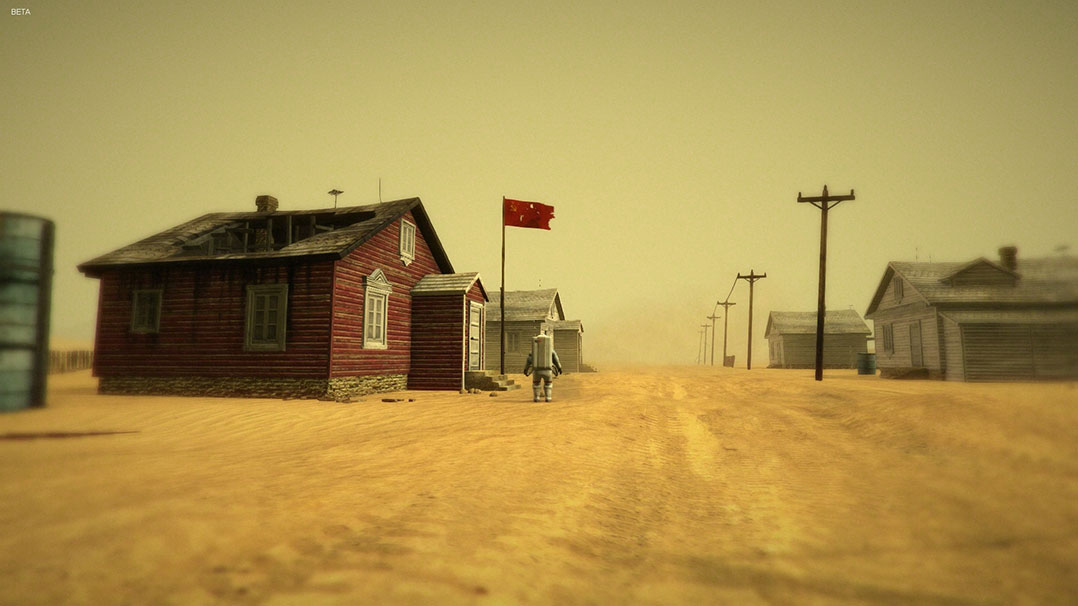

Instead of plot twists and lore, you get straight-ahead pulp fiction powered by a bluntly-stated ecological theme and built around two interlocking questions. There is no combat, and its omission is glorious. In place of set-piece action sequences you get playful puzzles which are more concerned with altering the pace of the narrative than tying your brain in knots. Look around the huge 3D environments and you'll begin to understand how Board (and the Unity engine) did it, too, employing simple textures, basic geometry and a spacesuited hero whose bulky, iconic form negates the need for complex character models. This pared-back engineering spirit defines Lifeless Planet, a controlled yet surprisingly expansive science-fiction platforming exploration game that's been made, for the most part, by just one man - first-time designer David Board - and by the modern magic that is cheap development tools. Space travel's not about what you need to take with you so much as it's about what you've learned you can live without. Ideally, you want the cheapest, lightest booster for getting the most functional, efficient payload into orbit.


Millions of moving parts go into these spaceships, but every nozzle, every pipe, every plastic button on every control panel has to justify itself in the master equations. As the ground shakes and the birds scatter, as the bus-sized interstage section detaches, flares and spins softly back to Earth, it can be tricky to remember that what you're watching is actually the triumphant launch of an object that's been carefully whittled down to its barest essentials. One of the things that can be hard to keep in mind about space travel - especially when there are rockets going off and thick clouds of exhaust obscuring the horizon - is that this stuff is mainly about economy.


 0 kommentar(er)
0 kommentar(er)
